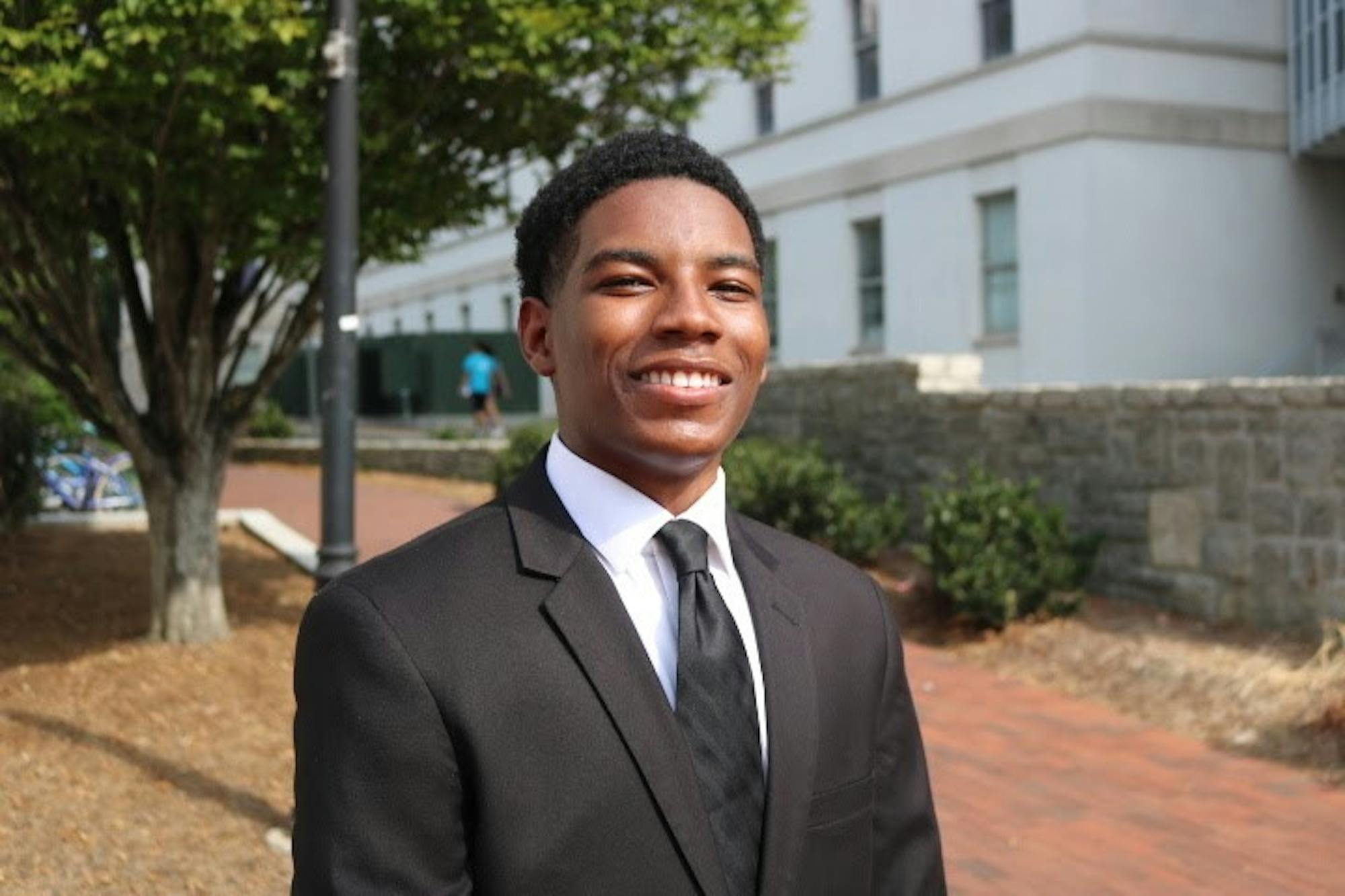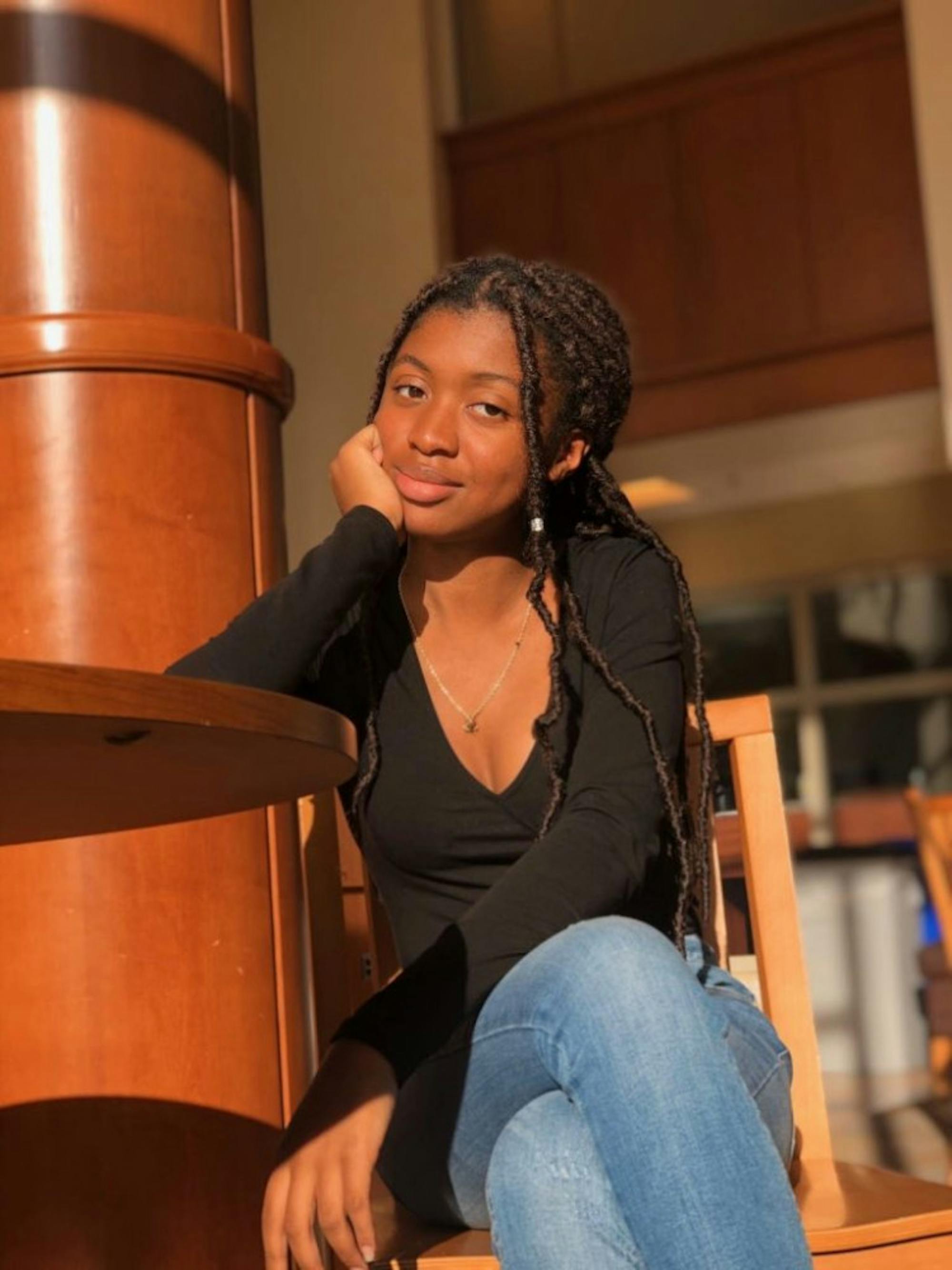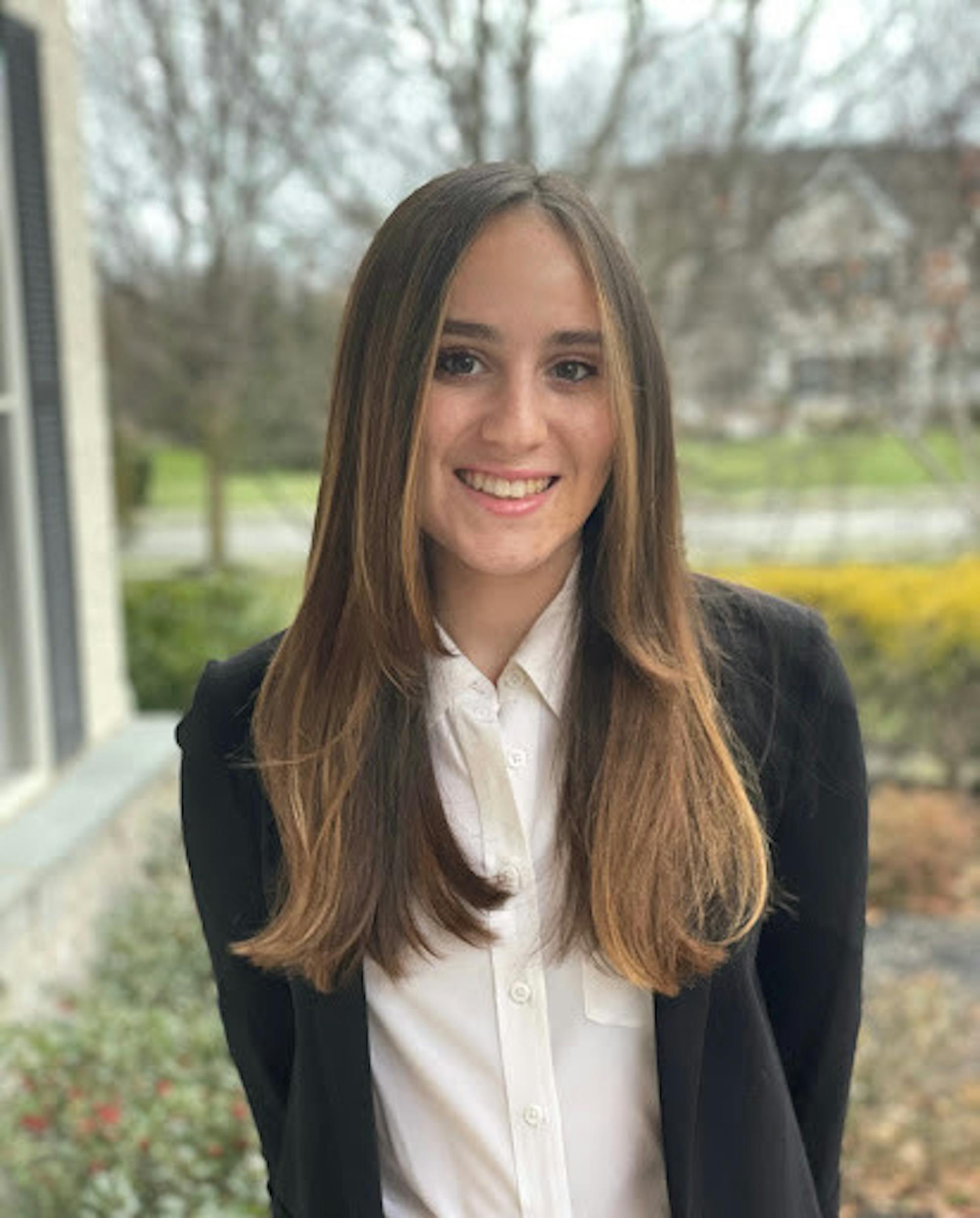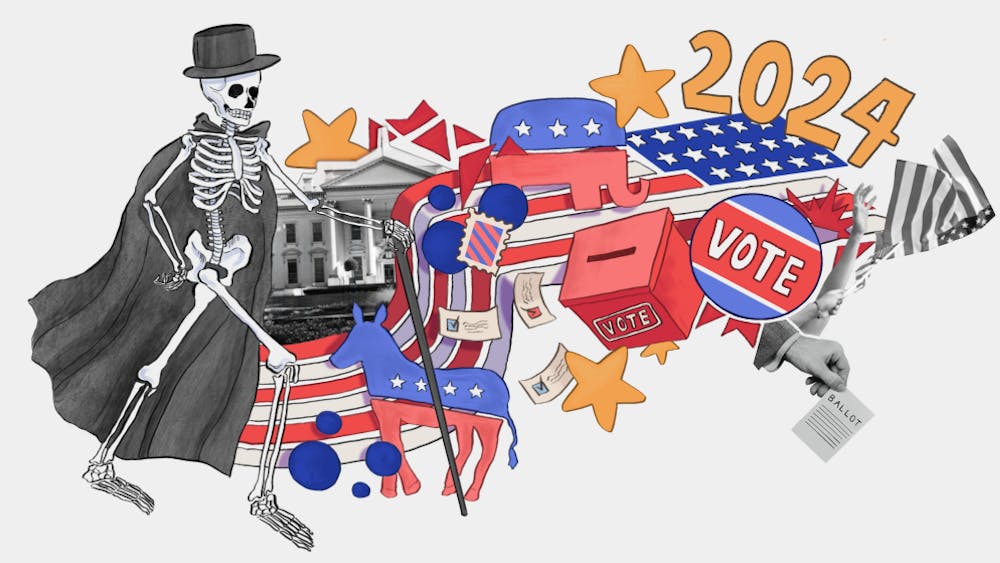A few days after picking up his mother’s birthday gift at a shopping mall, Myles Dunn (23C) tested positive for COVID-19. He defeated the illness, finished the fall semester and completed his virtual internship at RAYDAR Entertainment, a record label in Atlanta, all from the Emory Conference Center Hotel.
With COVID-19 affecting nearly all aspects of life, from virtual classes to postponed life milestones, internships were no exception. Students reflected on how both in-person and virtual internship assignments were altered by the ongoing pandemic.

“The only thing that changed during my schedule between the weeks I tested negative and then testing positive was that I went to the mall to get my mom a gift for her birthday, so I believe that’s where I got COVID-19,” Dunn explained. “I just did assignments from the hotel … throughout the day. That was just the most challenging part of the internship.”
Dunn’s typical weekly schedule consisted of driving to his internship three days a week. On those days, he would go to class in the morning and attend to his internship and work until around 6 p.m., to then finish off his day completing his school work back on campus.
“I was able to balance it well with school … since I only took 12 credit hours last semester,” Dunn said. “Because of that, my class schedule didn’t take up much of my time.”
Although many internships reorganized into a virtual format due to the pandemic, Dunn expressed his appreciation for having an in-person experience. After his summer plan to study abroad at the London School of Economics was canceled, Dunn said he felt like there was a gap that he needed to fulfill. He jumped at the opportunity to have an in-person internship.
Dunn said he still wants to explore his interests and see where his next endeavors take him, but through his unique opportunities at Raydar, such as assisting R&B artist 11:11 with the promotion of his recent album, Dunn confirmed his passion for the music business.
Unlike Dunn, Anne Odney (23C) virtually completed her internship with Georgia State Representative Dar’shun Kendrick (D-93). The pandemic meant that she was unable to visit Kendrick’s office and the Georgia State Capitol. She believed the plus side was not having to regularly commute, however.
“Because it’s virtual, I guess it’s easier to do the internship because we don’t have to physically be there,” Odney said. “I’m still able to complete … her weekly e-newsletters, updating her website, creating flyers and attending staff meetings from my own space.”

Odney expressed that she was ultimately appreciative of the internship because it allowed her to have a “hands-on role in the change-making for Georgia.” The internship also helped her gain a stronger work ethic and develop time management skills as she had to juggle her school work, internship and other club commitments.
“It was definitely difficult,” Odney said. “I am supposed to work around 15 hours a week, so finding time in my schedule while taking 17 or more credits and having a full load with my internship … really honing in on my time management skills and working on procrastination.”
Rachel Zipin (23C) cited complications when applying to her virtual internship at the Tahirih Justice Center, an organization that deals with female immigrants seeking refuge.
“If I did the internship in person, I would have had more client interaction, which would have been nice since I’m a psychology major and the social services aspect of the internship really interested me,” Zipin said. “Because of COVID-19, they offered me the development part of the internship with administrative tasks.”

However, limited internship opportunities available during the pandemic motivated Zipin to accept the internship.
“I thought it would be really hard for me to get any other internship because of COVID-19,” Zipin said. “I thought I might as well take the internship and use it to broaden my skills, even if it’s not directly psychology related.”
Zipin said she mainly completed administrative tasks, such as calling donors and planning events. Since she did not meet any clients, Zipin was unable to see the direct fruits of her labor: witnessing the moment when refugees received care packages. Nevertheless, Zipin appreciated the more menial assignments.
“Sometimes the behind-the-scenes stuff is just as important as the direct hand-on stuff,” Zipin noted. “Even though I didn’t get to work hands-on with the clients, I did learn that my behind-the-scenes stuff is just as important and necessary for the organization to function.”





